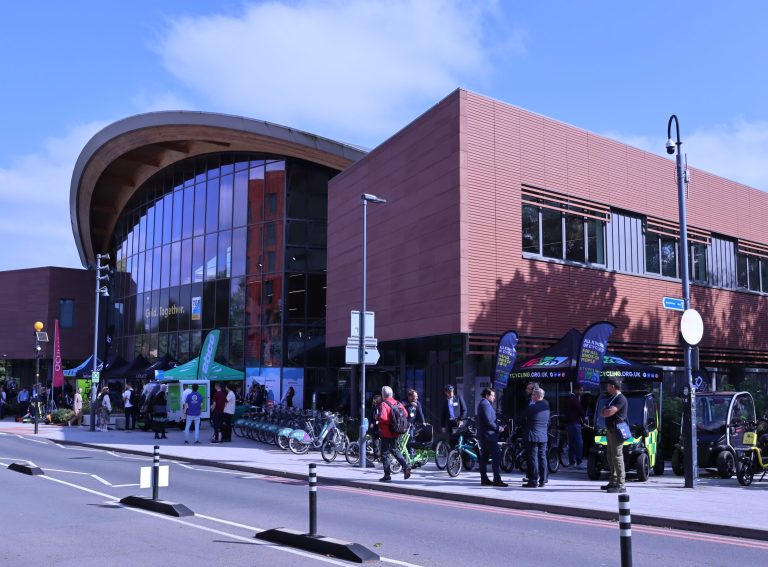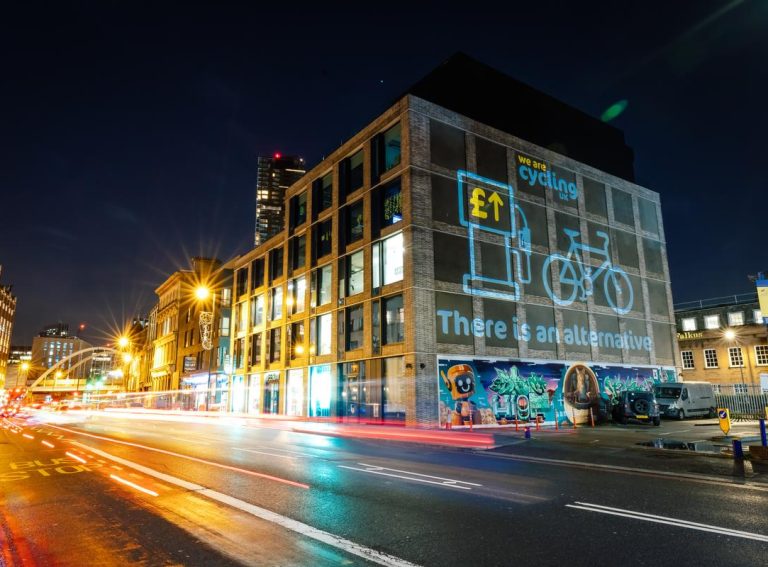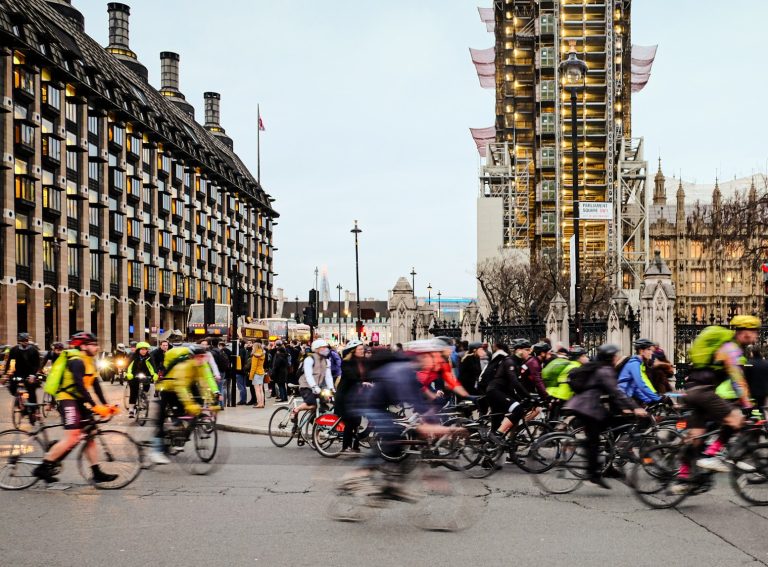The Clean Cities Campaign has published a report identifying the European cities and companies paving the way in decarbonising urban logistics.
35 cities have outlined plans to introduce zero-emission zones by 2030 and 182 companies have joined alliances to transition to zero-emission urban logistics in the cities studied.
According to Clean Cities, vans and trucks made up 13% of vehicles on EU roads in 2021 but contributed 51% of nitrogen oxide emissions and 40% of greenhouse gases from road transport.
“If you want to go fast, go alone; if you want to go far, go together, a famous saying goes,” Clean Cities Director Barbara Stoll told Zag Daily. “This also applies to zero-emission logistics. Rethinking the way we move goods in cities and rolling out clean alternatives at scale requires intense collaboration.
“Companies know their business inside-out, and can help design the right solutions. Cities have the bigger picture, and the power to reshape urban space. If both work together, rapid progress becomes possible, as illustrated in the pioneering cities from Lisbon to Rotterdam and Vienna.”
The Dutch cities of Rotterdam and Amsterdam are amongst the 35 cities that have explicit plans to create zero-emission zones by 2030. In Clean Cities’ report published earlier this year, Amsterdam is spotlighted as a “best practice” city for implementing low-emission zones, and has followed a “Clean Air Plan” to transition from low-emission zones to zero-emission zones.
This most recent report from Clean Cities found that 110 European cities have signed up to international commitments to decarbonise urban transport, such as the EU’s ‘Mission for 100 Climate-Neutral Cities by 2030’.
At least eight cities have formed local alliances with industry and civil society to accelerate the transition to zero-emission urban logistics. These include the Belgian cities of Antwerp, Ghent, Leuven and Mechelen which have signed a “Green Deal” for sustainable urban logistics for the Flanders Region.
Those alliances involve 182 companies from Rotterdam, Lisbon, Vienna, and Belgium, including Austria’s largest provider of postal services Österreichische Post, as well as DHL Express, DPD, and UPS.
Onboarding more cities and companies
On the biggest obstacles that’s stopping more companies and cities from transitioning to zero-emission urban logistics, Barbara identifies two main concerns: “First, many cities are wondering whether the time is ripe when with regard to the supply of zero-emission vehicles and charge points. Secondly, they are also uncertain about the buy-in from the private sector.
“The main message of our report is: It’s totally possible to overcome these challenges, as demonstrated by the numerous cities and companies highlighted in our report. The zero-emission transition is already underway in Europe, it’s just not widely known. This of course does not mean that there are no more difficulties. But the most important tried and tested solutions exist, and certain aspects will be figured out on the way.”
Some proposed solutions include avoiding unnecessary trips such as shipments of goods that are locally available. Increasing the success rates of first-time deliveries also falls under this.
Clean Cities suggests shifting to smaller, more efficient vehicles like cargo bikes which emit no greenhouse gases and require less urban space. However, the report recognises that vans and trucks will still be required and therefore calls for their electrification to clean up the air, reduce noise, and generate cost savings for businesses.
The solutions are organised under four approaches to coordinate initiatives. These are individual companies delivering decarbonisation, cities leading on zero-emission zone deployment, alliances between cities and companies, and national frameworks. According to Barbara, all of these approaches can deliver good results.
“What we know is that, ultimately, binding regulations – such as a zero-emission zone or a national law – will be required to create a level playing field and make sure the whole urban logistics ecosystem comes clean. In that sense, the more planning certainty cities can provide early on, the smoother the transition will be.”




